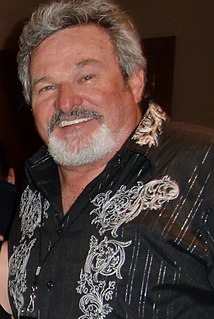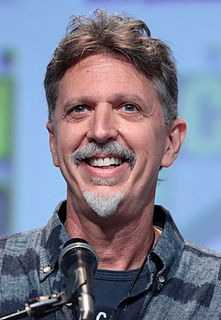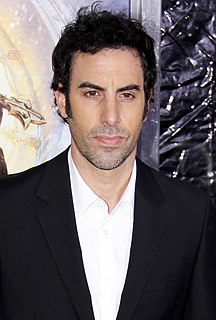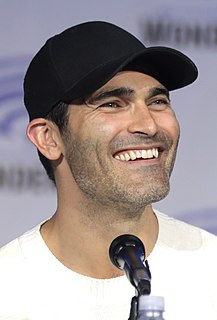A Quote by Steven Knight
I think it's always good not to listen to what the rules are supposed to be about the arc of the character and the third acts and all this stuff.
Related Quotes
As I saw my 60th birthday approaching, I thought,What did 60 mean to me? I figured I'd probably live until I'm about 90, which meant that I was at the beginning of what I call my third act. As an actress, I know how important the third act is. It makes sense of the first and second acts. You can have first and second acts that are interesting, but you don't know what they mean. Then a good third act pulls it all together. And so I knew that, because I sat by my father's side over the long months when he was dying.
Tou don't have to spoon feed things to the audience. They have to work at things. Oftentimes, with binge-able stuff, second and third viewings are really important because you see, "Oh, that character I didn't like, that was supposed to be that way because, in Episode 9, he turned out to be a turncoat. Now, I'm going to go back and watch all those moments that I felt that way about him." That's what's fun about it.
When in doubt, the rule of threes is a rule that plays well with all of storytelling. When describing a thing? No more than three details. A character's arc? Three beats. A story? Three acts. An act? Three sequences. A plot point culminating in a mystery of a twist? At least three mentions throughout the tale. This is an old rule, and a good one. It's not universal - but it's a good place to start.
The good thing about rules is if you have to do an interview, and you make some rules for that interview, like, "I can only ask him about five years of his life or her life," it narrows down your story. It's the same thing with acting. In my profession, if I say, "These are the rules for this character," all of the sudden, you create life.




































